By Us, For Us: The Crucial Role of the Black Press
Share
Breaking News!
Today's news and culture by Black and other reporters in the Black and mainstream media.
Ways to Support ABHM?
Scholar-Griot: Fran Kaplan, EdD
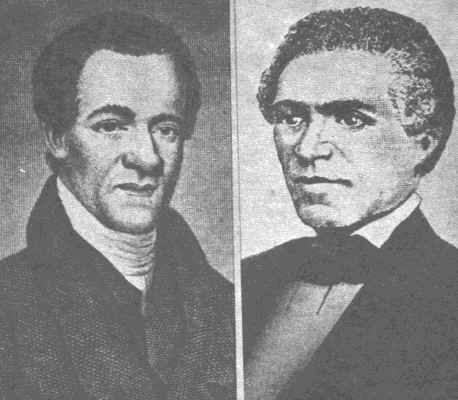
Samuel Cornish and John B. Russworm, editors of the first African American newspaper, Freedom's Journal.
The black press has played a vital role, both in advancing the ideals of American democracy and in supporting African American identity and culture.
The first newspaper owned and operated by African Americans, Freedom’s Journal, was founded in New York City in 1827 by Reverend Peter Williams, Jr. and other free black men. They appointed community activists Samuel Cornish and John B. Russworm as editors. The goal of Freedom's Journal was to oppose New York newspapers that demeaned blacks and supported slavery. (New York state’s economy depended on slavery, because its textile mills processed southern cotton, which accounted for half its exports.)
In the first issue of Freedom’s Journal, Cornish and Russwurm declared, "Too long have others spoken for us, too long has the public been deceived by misrepresentations.” Their second objective was to build a common African American identity through “the moral, religious, civil and literary improvement of our race.”
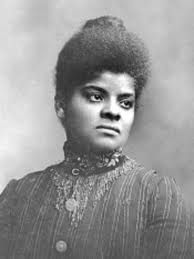
Ida Bell Wells-Barnett (July 16, 1862 – March 25, 1931) was an African-American journalist, newspaper editor and an early leader in the civil rights movement. She documented lynching in the USA, showing how it was often a way to control or punish blacks who competed with whites. Wells was a skilled and persuasive rhetorician, and traveled internationally on lecture tours.
Freedom’s Journal had subscribers in eleven states and Washington D.C., and in Canada, Europe, and Haiti. The paper covered local, national, and international events. The paper also celebrated the achievements of African Americans. Its editorials spoke out against injustice and debated controversial issues such as the resettlement of free blacks from the U.S. in Liberia in West Africa.
This tradition of crusading journalism was continued by black abolitionists like David Walker (An Appeal to the Coloured Citizens of the World) and Frederick Douglass (North Star). Ida B. Wells, who was born a slave, became one of the first American women to own a newspaper (The Free Speech and Headlight, in Memphis, TN). She also wrote for other newspapers, both black and white-owned. Her investigative pamphlets that analyzed and fought against lynchings and Jim Crow are still used today (Southern Horrors: Lynch Law in All Its Phases and The Red Record).
One of the longest running black newspapers, the California Eagle was founded in 1879 by a former slave, John J. Neimore, for African American migrants arriving from the South. The paper would serve Los Angeles, California, for eighty-five years. Upon Neimore’s death, his employee, Charlotta Bass, bought and ran the paper. Bass was an activist for social justice inside and outside of her newspaper. The pages of the Eagle campaigned for the abolition of enforced segregation though racial covenants, increased participation of African Americans in politics at all levels, and the patronizing of black businesses by blacks as a matter of principle under the slogan “Don’t Buy Where You Can’t Work.”
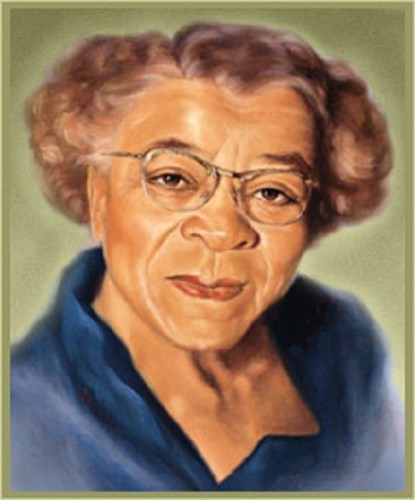
Charlotta Bass published the California Eagle in Los Angeles. An ardent worker for human rights, she was the first African American woman as a candidate for US Vice-President.
Charlotta Bass also helped found and run such community institutions as Industrial Business Council to fight employment discrimination in such important companies as LA Rapid Transit, Southern Telephone, and the Boulder Dam. She served as co-president of the LA chapter of Marcus Garvey’s Universal Negro Improvement Association, as director of the NAACP’s Youth Movement, and national chair of the Sojourners for Truth and Justice (a black women’s organization that protested racial violence). She was a pioneer of multiracial struggle, fighting for the release of Chicanos (Mexican Americans) convicted of murder by an all-white jury. In 1952, Bass became the first African-American woman to run for Vice President, as a candidate of the Progressive Party.
Racial discrimination in Indiana, Kansas, and Illinois prevented law school graduate Robert S. Abbott from practicing his profession, so in 1905 he founded The Chicago Defender. He built it into the most widely circulated, powerful, and successful black-owned newspaper of all time. Abbott employed talented writers, among them Gwendolyn Brooks, Walter White, and Langston Hughes. When white newspaper distributers refused to circulate The Defender in the South, he created his own clever “underground” network: African-American railroad porters who secretly carried his paper around the county on trains.
The paper’s slogan was “American race prejudice must be destroyed.” Abbott’s other goals included the opening up of trade unions, government jobs, and police forces to African American workers. The Chicago Defender provided firsthand coverage of the series of white race riots known as the Red Summer Riots of 1919. The paper is credited with stimulating the Great Migration of African Americans from the South to northern cities by publishing migrants’ stories, describing the North as a place of prosperity and justice, showing pictures of Chicago, and running classified ads for housing. The Chicago Defender continues to be published today online and we sometimes feature their work in our Breaking News.
Many African American newspapers declined during the late 1950s and 1960s, during the Civil Rights and Black Power Movements, because white-owned papers had finally began to hire black journalists and compete for black readers. Today you can get a variety of African American news and views on such issues as anti-black violence or reparations from such outspoken journalists as Ta-Nehisi Coates (The Atlantic), Charles Blow (New York Times), and Joy Reid (MSNBC) working in “mainstream” media.
The good news is that the black press is alive and well. It continues to play a crucial role in our racially divided society. Its vital discourse with the public–locally, nationally, and internationally–is conducted through print, broadcast, and online media. Whether they work in black-owned and operated media or in the black perspectives sections of white-owned media, African American journalists offer a corrective balance to how issues and images are commonly represented in white outlets.
A good documentary on the role and history of the Black Press can be obtained from California Newsreel:
The Black Press: Soldiers Without Swords.
Each week America's Black Holocaust Museum selects articles and broadcasts about current events from the outlets listed below and posts them to our Breaking News blog.
A Very Short List of National Black Press Outlets
Online
Essence (also in print)
Shadow and Act (about the film, television, and web series of the African Diaspora)
In Print
Black News Directory (A listing of dozens of some of the 200+ black publications published in the USA – from the American Legacy Magazine to Hip Hop Weekly.)
National Newspaper Publishers Association (and links to member papers of the NNPA black press in each state)
Black Perspectives Sections within White-Owned/Operated Media
Huffington Post Black Voices
NY Times Black Culture and History section subscribe to: Race/Related
ABHM Head Griot Reggie Jackson's regular, award-winning column in the daily milwaukeeindependent.com
National Radio
Black Press in Milwaukee, Wisconsin
Newspapers
Television
Radio
Sources:
- Vogel, Todd (editor). The Black Press: New Literary and Historical Essays. Rutgers University Press, 2001.
- California Newsreel. Soldiers Without Swords: The Black Press feature-length documentary film.
- Public Broadcasting System. The Black Press (click Resources & Links for an extended bibliography)










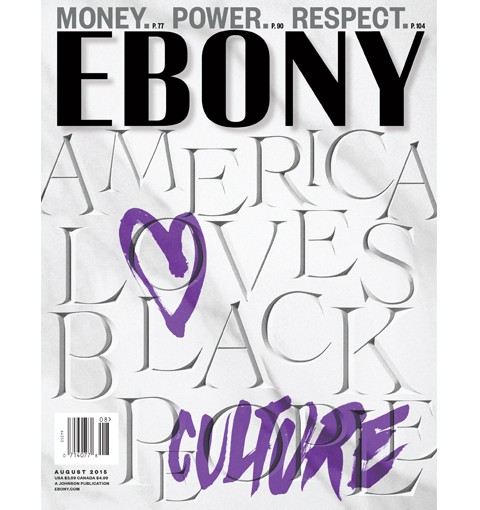
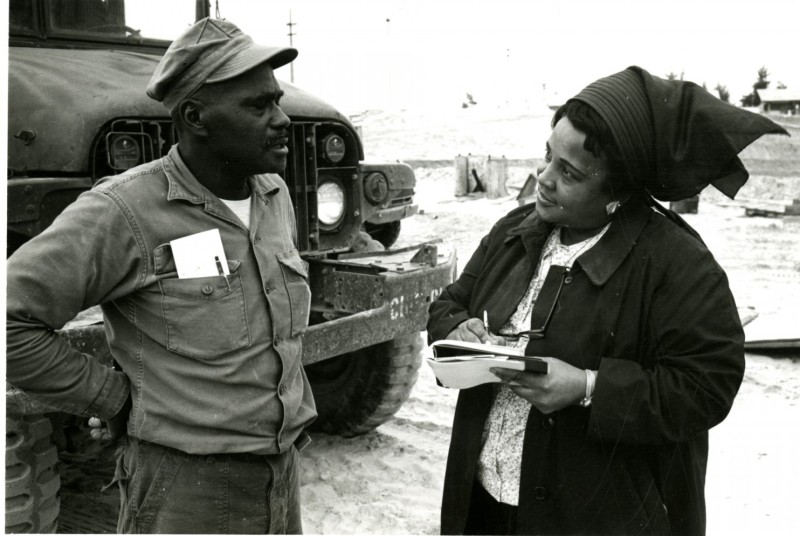
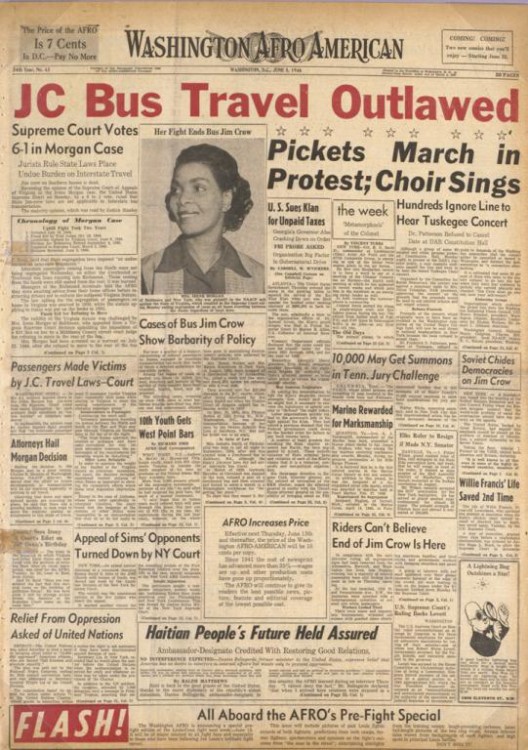
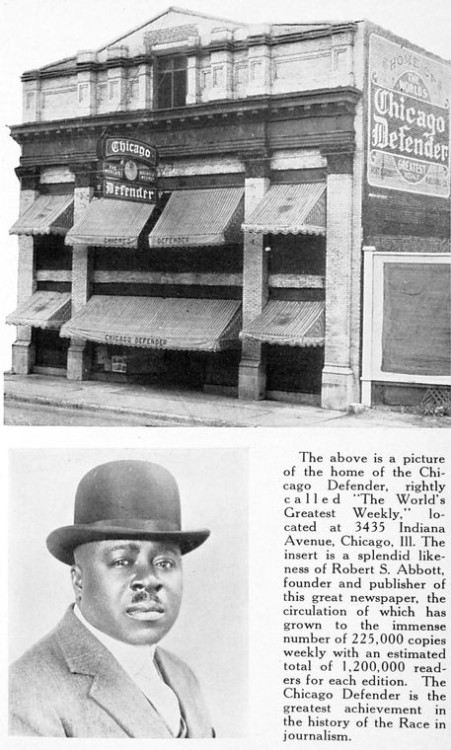
Comments Are Welcome
Note: We moderate submissions in order to create a space for meaningful dialogue, a space where museum visitors – adults and youth –– can exchange informed, thoughtful, and relevant comments that add value to our exhibits.
Racial slurs, personal attacks, obscenity, profanity, and SHOUTING do not meet the above standard. Such comments are posted in the exhibit Hateful Speech. Commercial promotions, impersonations, and incoherent comments likewise fail to meet our goals, so will not be posted. Submissions longer than 120 words will be shortened.
See our full Comments Policy here.